The African Bonytongue (Heterotis niloticus), locally known as “Supaku,” is a native species found in Ghana’s water bodies.
The species has attracted growing interest from fish farmers because of its fast growth rate and high market value.
Although it reproduces naturally in ponds, survival at fry state is very low.
In response to this challenge, researchers from the Department of Fisheries and Watershed Management at the College of Agriculture and Natural Resources have investigated the causes of the high mortality rates. The Principal Investigator (PI) of the project, Prof. Daniel Adjei-Boateng, highlighted the importance of sharing research findings with key stakeholders, especially fishermen at the Barekese reservoir who supply juvenile Supaku to fish farmers in the Ashanti Region.
The Principal Investigator (PI) of the project, Prof. Daniel Adjei-Boateng, highlighted the importance of sharing research findings with key stakeholders, especially fishermen at the Barekese reservoir who supply juvenile Supaku to fish farmers in the Ashanti Region.
“A key component of this research was to disseminate our findings to stakeholders, particularly fish farmers who culture Heterotis. These farmers often rely on fishermen to supply them with juveniles but encounter high mortalities during transportation due to limited knowledge on how to handle fish.
Our findings included guidance on how to properly handle the fish, the appropriate stages at which to harvest them, and best practices for preparing the fry for transportation. This morning’s engagement was part of our effort to share these insights with fishermen to help reduce the heavy losses typically experienced during fish transport.” Prof. Adjei-Booateng said.
Dr. Prince Ofori-Darkwah, a member of the research team, guided participants through each stage of the research and highlighted the key findings.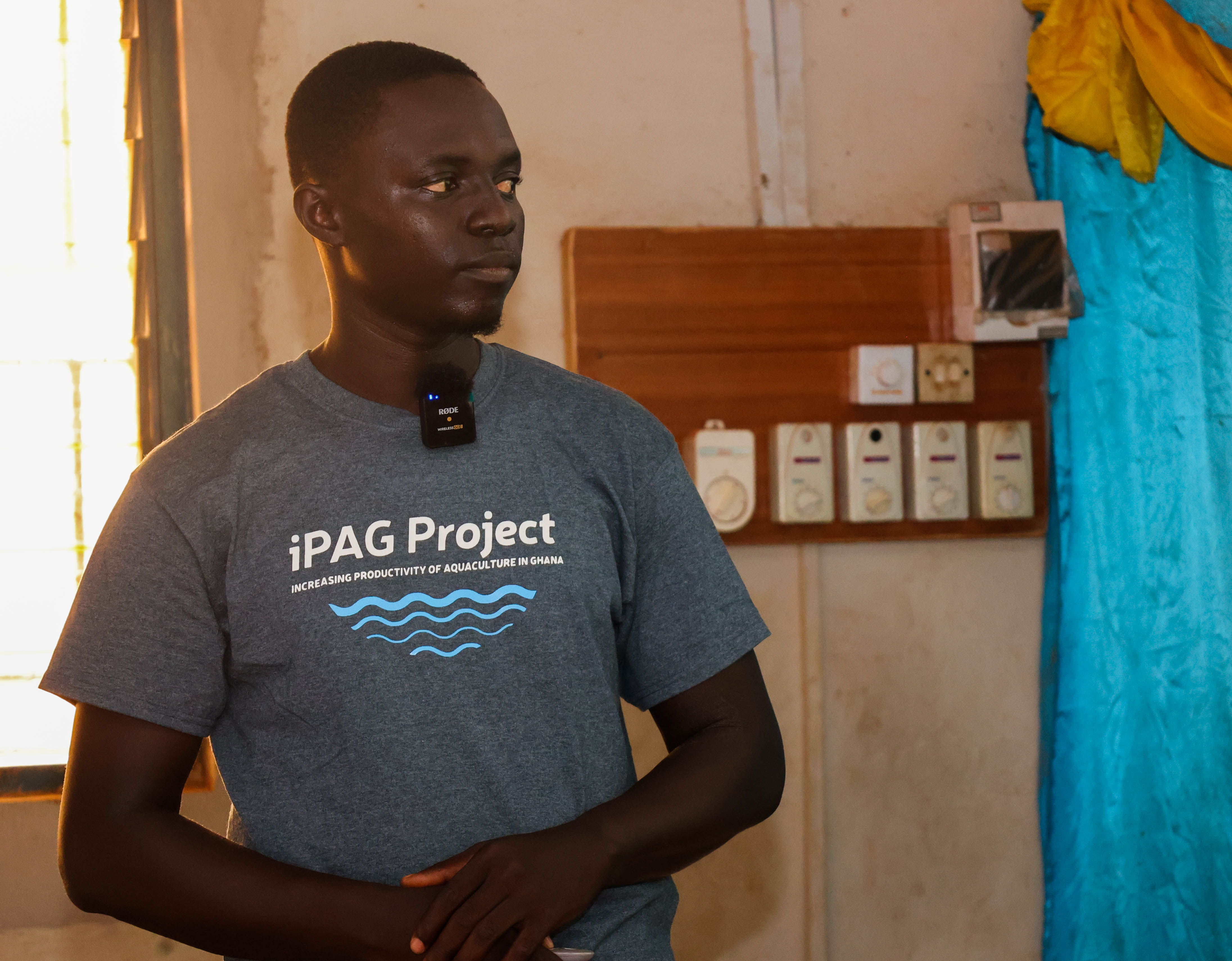
“Our objective was to understand the nutritional requirements of the fish from the fry stage to the fingerling stage so we could provide farmers with practical information to reduce the high mortality rates,” he explained.
“One of our initial challenges was ensuring the survival of the fry beyond the yolk sac stage but we discovered that at this early stage, the fry depend on live organisms for nourishment before they can be gradually weaned to fish feed, “he added.
The stakeholder’s engagement was funded by DANIDA under Science Engagement track with the theme 'Developing the Commercial Culture of the African Bonytongue Fish,'
Participants were actively engaged during the session, asking questions and sharing their own experiences. They expressed gratitude to the research team for reaching out to them with such valuable information.
“This is very helpful. We never knew that scooping fingerling during collection was a bad practice. This is something we have always done, so this lesson is truly valuable. Next time, we will make sure to handle them as you have shown us. Thank you very much,” said Francis Ati, a participant.
“Just recently, I collected over 1,000 fingerlings to a farmer for his pond, and more than 400 died during transport. This information is extremely useful. I will be sure to pass it on to other farmers, especially regarding feeding practices,” Emmanuel Jekle shared.
“I’ve learnt how to distinguish between male and female Heterotis, and how to properly package them for transport based on the duration of the journey. We have learnt a lot today, and I believe this will benefit both fishermen and farm supervisors,” added Kuditey Salvation, another participant.
Among the other researchers present were Prof. Regina Esi Edziyie (Co-PI) and Dr. Stephen Gyamfi.


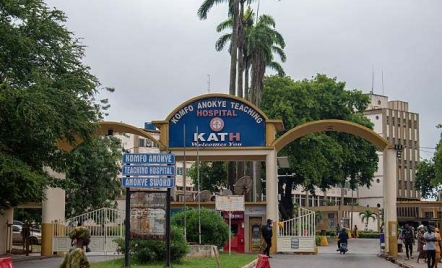
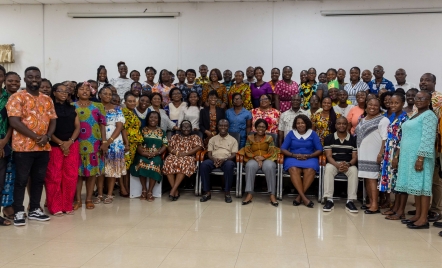
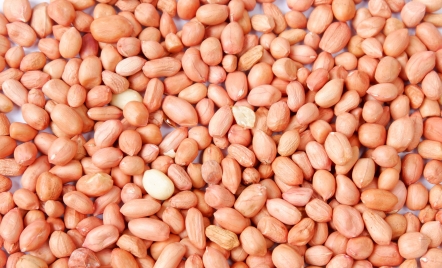
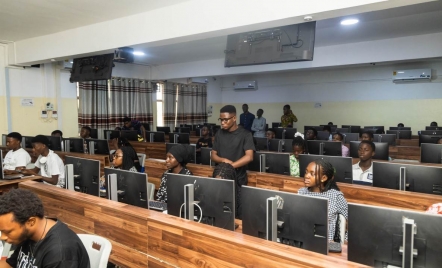
Comments